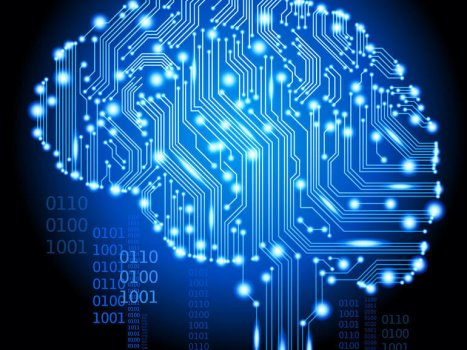It took more than ten years for enterprises to grasp the concept of the cloud and to embrace it. Artificial intelligence is no different. While some organizations have heartily embraced AI and what it can do for information management and decision support, more companies are still in the process of maturing their understanding so they can make the best use of AI.
There is one thing that we already know: AI will be an integral part of how business is conducted in the future, and its impact is already being felt.
“We are facing a new digital divide,” said Prashant Natarajan, vice president of strategy and products at H2O.ai. “Unlike the previous ones, this divide is not between geographies or economic systems but one that exists within businesses and enterprises—locally, regionally and nationally. This new digital divide separates the haves and the have-nots of digital transformation, namely those that are putting their data to work for them (via AI) and those that are not.”
Today’s AI use cases support this. Forty-one percent of professional marketers surveyed in 2021 said that the use of AI increased their revenues; and in healthcare, AI is sharpening the degree of accuracy in medical diagnostics and making suggestions and recommendations that are assisting in lowering mortality rates and increasing patient satisfaction.
“Human and organizational needs, business trends, evolving customer behaviors and rapid data and technology innovations are some of the key drivers that are making AI an essential foundation of the modern enterprise,” Natarajan said. “In a business landscape that is increasingly informed by both global and local trends, the need to put data to work is more important and relevant than ever before.”
Continue reading: https://www.techrepublic.com/article/success-in-implementing-ai-depends-on-how-well-companies-define-interactions-between-man-and-machine/
There is one thing that we already know: AI will be an integral part of how business is conducted in the future, and its impact is already being felt.
“We are facing a new digital divide,” said Prashant Natarajan, vice president of strategy and products at H2O.ai. “Unlike the previous ones, this divide is not between geographies or economic systems but one that exists within businesses and enterprises—locally, regionally and nationally. This new digital divide separates the haves and the have-nots of digital transformation, namely those that are putting their data to work for them (via AI) and those that are not.”
Today’s AI use cases support this. Forty-one percent of professional marketers surveyed in 2021 said that the use of AI increased their revenues; and in healthcare, AI is sharpening the degree of accuracy in medical diagnostics and making suggestions and recommendations that are assisting in lowering mortality rates and increasing patient satisfaction.
“Human and organizational needs, business trends, evolving customer behaviors and rapid data and technology innovations are some of the key drivers that are making AI an essential foundation of the modern enterprise,” Natarajan said. “In a business landscape that is increasingly informed by both global and local trends, the need to put data to work is more important and relevant than ever before.”
Continue reading: https://www.techrepublic.com/article/success-in-implementing-ai-depends-on-how-well-companies-define-interactions-between-man-and-machine/

